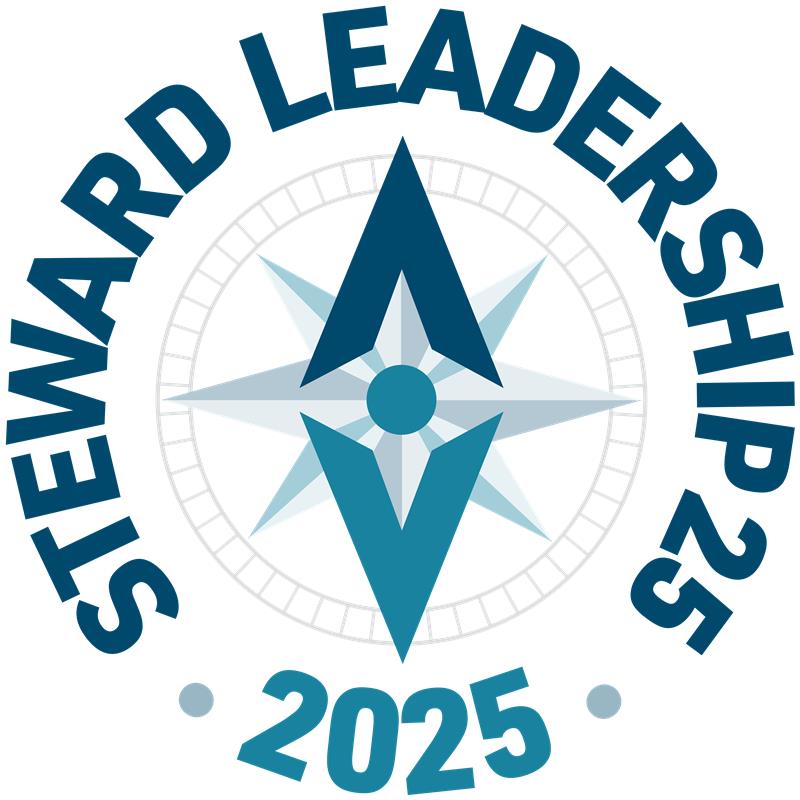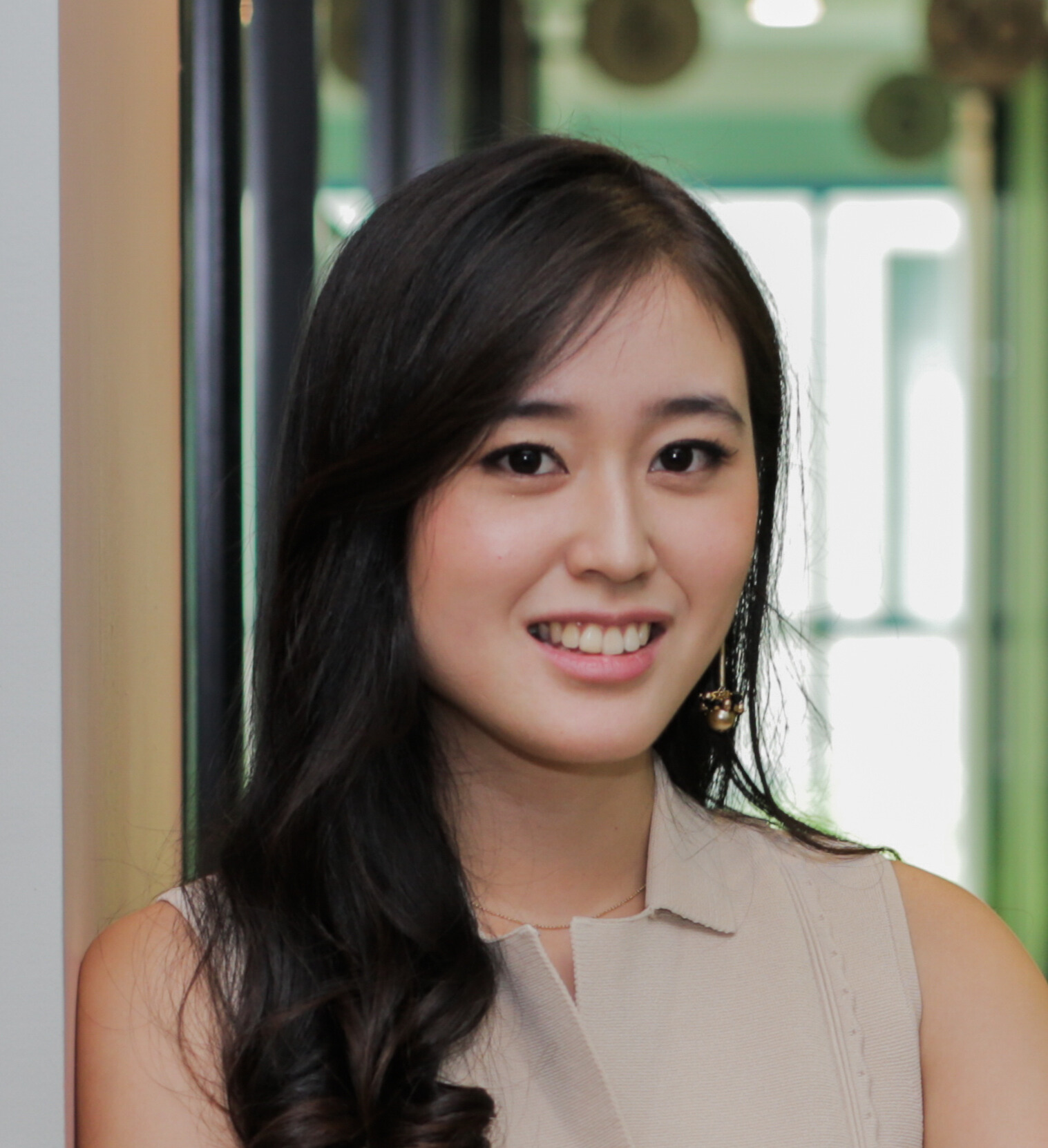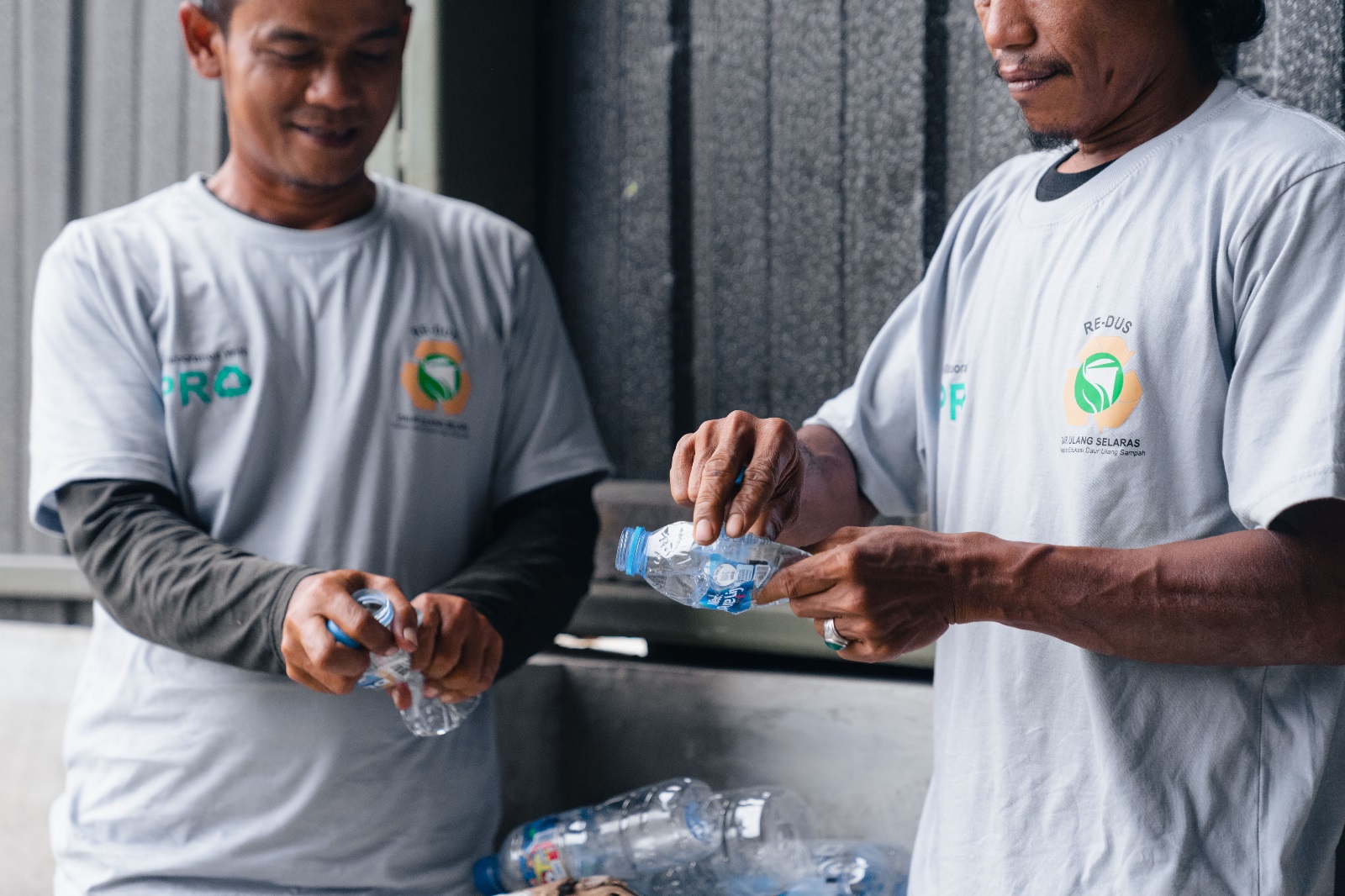In a country where only about 10 percent of waste is properly managed, Daya Selaras Group’s RE-DUS platform is turning discarded packaging into a profitable resource—doubling recycling rates in just two years.
Challenge
In a Jakarta alleyway, stacks of used cardboard boxes lean against the wall, waiting for a buyer who might never come. Across Indonesia, scenes like this are common. The country’s waste management system remains highly fragmented, relying heavily on informal collectors and small-scale recyclers. Recovery rates are low, waste segregation is inconsistent, and much of the country’s paper and packaging waste ends up in landfills or incinerators. Extended Producer Responsibility (EPR) regulations remain underdeveloped, leaving businesses without clear guidance or incentives to adopt circular practices.
For companies seeking sustainable packaging solutions, no integrated, end-to-end system has existed to manage the full life cycle of materials—from post-consumer waste to ready-for-market packaging.
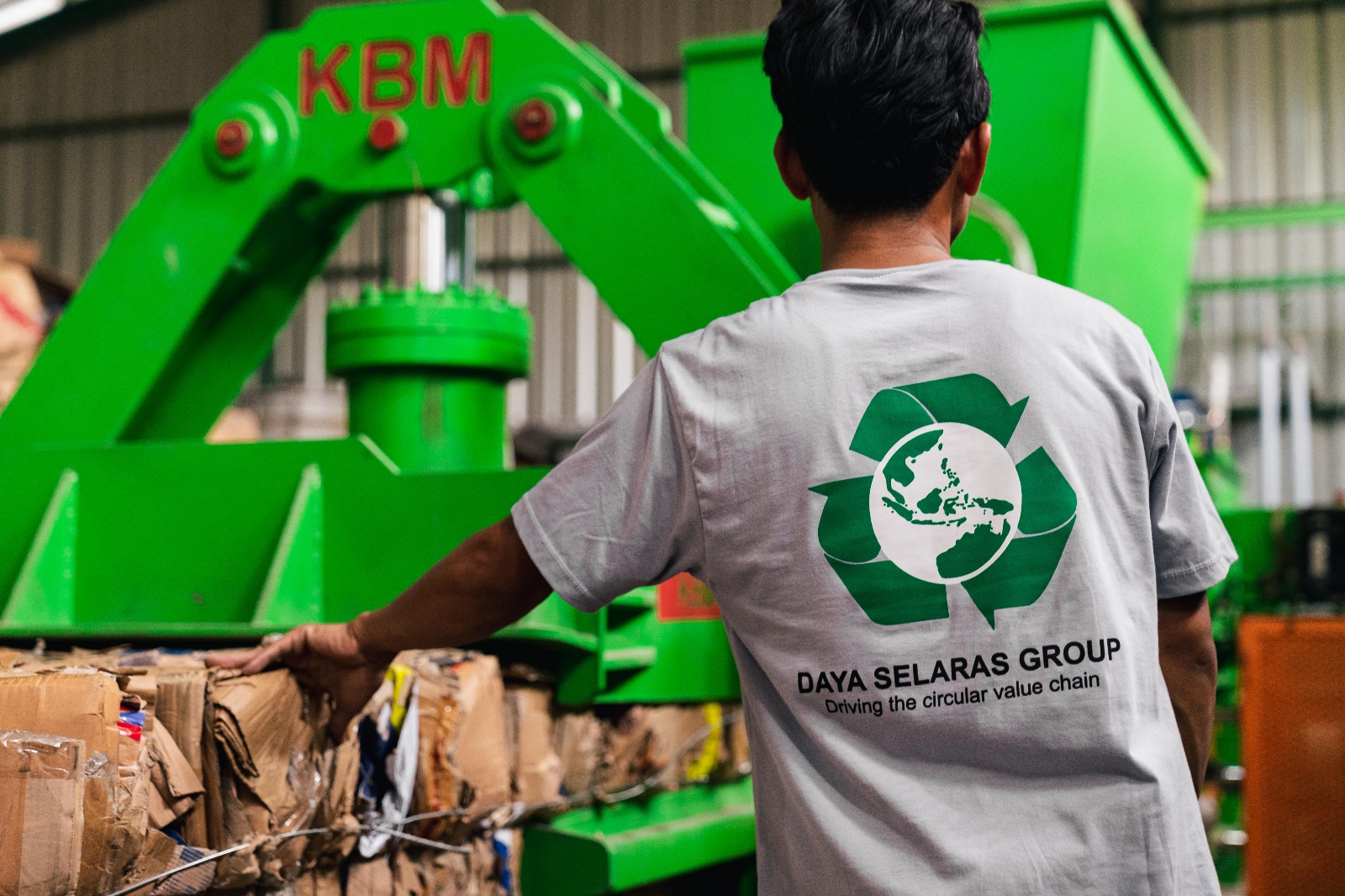
Solution
RE-DUS, a platform developed by DSG’s subsidiary Daur Ulang Selaras, offers an industrial-scale alternative to the fragmented status quo. Through the RE-DUS mobile app, households, SMEs, corporates, and community groups can arrange for their waste paper to be collected, track market prices, and receive reports on how much CO₂ and raw material they’ve saved. DSG’s logistics subsidiary coordinates pick-ups, moving the waste to processing facilities where it is sorted, graded, and sold to industrial paper mills. The recycled paper is then used by another DSG subsidiary, Dayacipta Kemasindo, to produce corrugated cartons for more than 300 customers in FMCG, e-commerce, and electronics.
When these customers are done with their packaging, they can sell it back through the app, creating a true reverse supply chain. Beyond transactions, RE-DUS works with schools, NGOs, and waste banks to improve sorting habits and build local recycling capacity, ensuring the system grows from both the top down and the ground up.
Since 2022, RE-DUS has more than doubled the volume of waste recovered, from 34,500 tons to 66,875 tons in 2024, raising the group’s circularity rate from 27.8 percent to 51.8 percent over the same period.
Impact
The initiative generated approximately USD 5.5 million in 2024 through waste trading and packaging sales, while creating new income opportunities for waste collectors, SMEs, and community waste banks. It has supported corporate clients such as GoTo to operate fully circular packaging cycles and has expanded partnerships to include more than 300 waste aggregators, local waste banks, schools, and NGOs across the country.
The platform has improved transparency and traceability in a sector that has historically lacked reliable data, while providing communities with the tools and incentives to adopt better waste practices.
Future outlook
By 2025, DSG plans to expand into PET plastic waste processing and open a new warehouse in Bandung, increasing total capacity by 30 percent. It will also work with government waste banks to standardise community waste management processes. In the medium term, the company aims to process additional plastic types such as HDPE, integrate waste management into sister real estate projects, and increase circularity indicators by 10 percent each year.
Looking further ahead, DSG is targeting 100 percent circularity by 2040, managing all paper and plastic waste streams end-to-end. In a country where waste has long been treated as a burden, RE-DUS is rewriting the narrative: proving that when infrastructure, technology, and community engagement move in the same direction, waste becomes an asset and the loop stays unbroken.
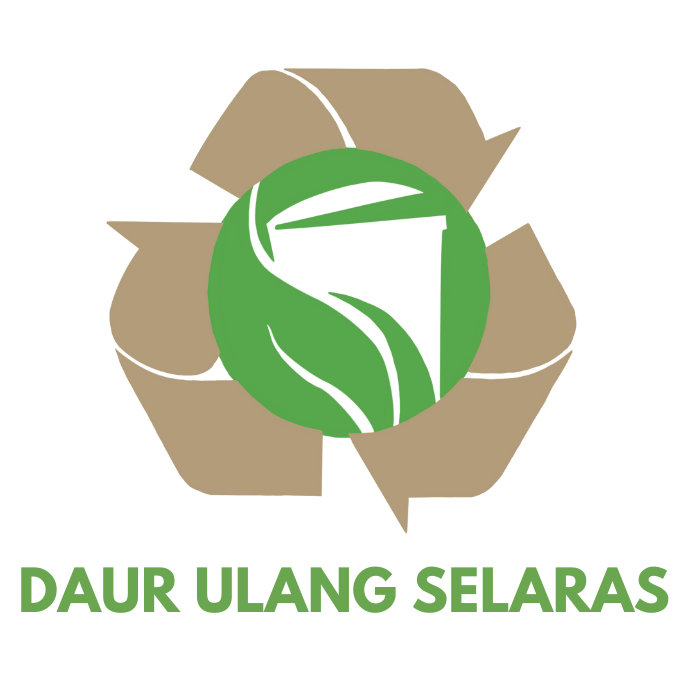
Daur Ulang Selaras (DUS) is a subsidiary of Daya Selaras Group (DSG) that is operating a circular value chain in the waste, industrial paper, corrugated carton packaging and logistics sectors in Indonesia. DUS has launched its newest B2B application for waste management called ‘RE-DUS’ (Respon dan Edukasi Daur Ulang Sampah) with a goal to become a circular economy platform and solution to the waste problem. It is currently helping to recycle both paper and plastic waste together with more than 300 companies, SMEs, individuals and the informal waste sector in Indonesia. DUS is committed to providing sustainable and innovative solutions that minimize waste generation and maximize resource efficiency.
Learn more about Daya Selaras Group through their website. To collaborate or connect, reach out directly to our SL25 team.
Connect


